#Yaroslav II Grand Prince of Vladimir
Explore tagged Tumblr posts
Note
Do you know Tsar Nicholas II's full title? I remember it being very long, as it encompassed all the territories of Russia that he was Emperor/King/Duke/Prince of, but I can't seem to find it anywhere?
Tsar Nicholas II, Emperor and Autocrat of all the Russias, Tsar of Moscow, Kiev, Vladimir, Novgorod, Kazan, Astrakhan, of Poland, of Siberia, of Tauric Chersonese, of Georgia, Lord of Pskov, Grand Duke of Smolensk, of Lithuania, Volhynia, Podolia and Finland, Prince of Estonia, Livonia, Courland and Semigalia, Samogotia, Bialostock, Karelia, Tver, Yougouria, Perm, Viatka, Bulgaria, and other countries; Lord and Grand Duke of Lower Novgorod, of Tchernigov, Riazan, Polotsk, Rostov, Yaroslav, Belozero, Oudoria, Obdoria, Condia, Vitebsk, Mstislav and, all the region of the North, Lord and Sovereign of the countries of Iveria, Cartalinia, Kabardinia and the provinces of Armenia, Sovereign of the Circassian Princes and the Mountain Princes, Lord of Turkestan, Heir of Norway, Duke of Schleswig-Holstein, of Storman, of the Ditmars, and of Oldenbourg.
But he preferred Nicky.
49 notes
·
View notes
Text
Is has come to my attention that @unhonestlymirror is accusing me and a few other hetalians of sending threats.
I want to make this clear. We have never sent threats, and will never send threats to people. It's also come to my attention that threats were sent to @unhonestlymirror and even though she's absolutely insufferable, sending threats, death threats/rape threats is NEVER okay.

Also "find bullying okay" "insults" weird way to say that we're vocal about racism and that angers you, lol.
Also the best she can do is accuse me of spreading Russian propaganda because of a reference I made to Alexandr Nevsky, which was in a post who's focus was around not promoting misinformation and anti Mongolian sentiment/using "Mongolian" as a way to insult Russians.
Also....
https://www.britannica.com/biography/Saint-Alexander-Nevsky
"Alexander was the son of Yaroslav II Vsevolodovich, grand prince of Vladimir, the foremost among the Russian rulers. In 1236 Alexander was elected prince—a figure who functioned as little more than military commander—of the city of Novgorod. In 1239 he married the daughter of the Prince of Polotsk."
How exactly am I spreading Russian propaganda by saying that Alexander Nevsky was a prince of Russia when it's literally true????
I have also received anonymous threats. Of which they alluded to a potential doxxing taking place because they talked about my family and what they looked like. I have NEVER posted images of my family on tumblr or on any other of my fandom accounts - I do not link my fandom accounts emails to my professional/personal accounts.
I've also never revealed I had a sister publicly on tumblr or any of my fandom accounts or the exact race of my parents. The second ask is also extremely racist by the way.


Am I using this to level baseless accusations at @unhonestlymirror though? No. Because I don't know if she sent those threats so it would be wrong of me to do so.
I understand if mirror is feeling threatened by the threats in her inbox however if she is using them as evidence of us sending threats (because we've never sent threats publicly and again, we'd never send threats regardless of it was public, private or anonymous) then if we're using that logic I could very well accuse her and her "vassals" of trying to doxx me.
So in conclusion. No. None of us sent threats, we would never send threats, these are completely baseless accusations. I was NOT spreading Russian propaganda and none of us are "tankies" (LMAO).
#hetalia#hetalia world stars#hetalia world twinkle#hetalia world series#Hetalia fandom#Hetalia racism#Hetalia discourse#Hetalia critical#Unhonestlymirror
43 notes
·
View notes
Text

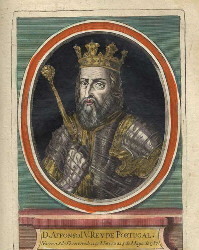
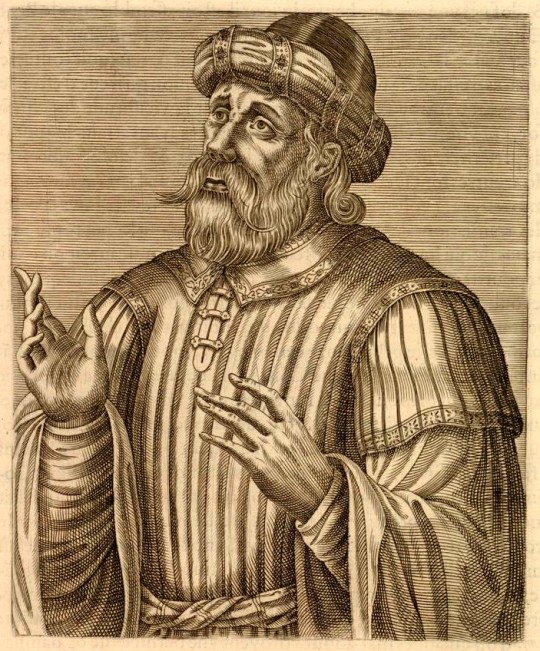
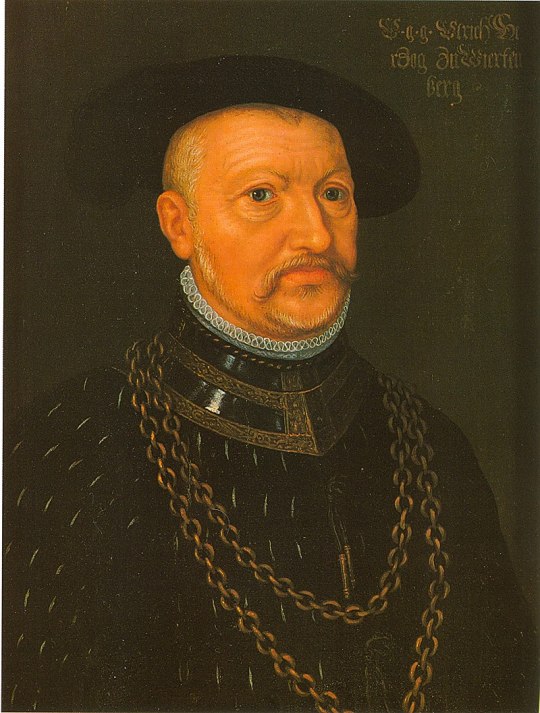
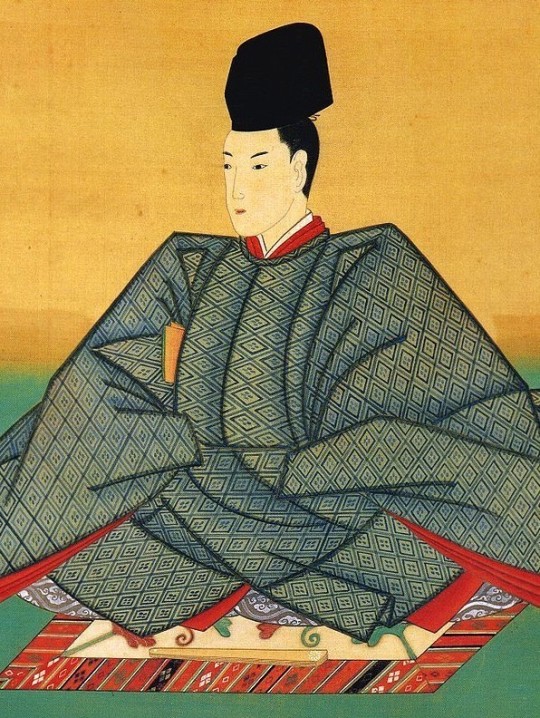
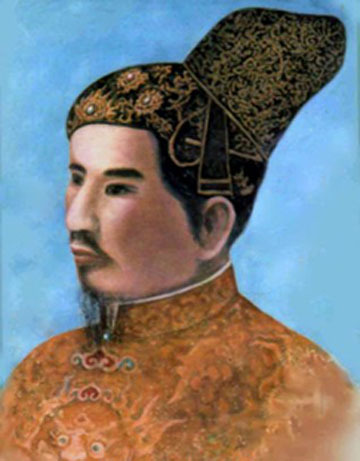
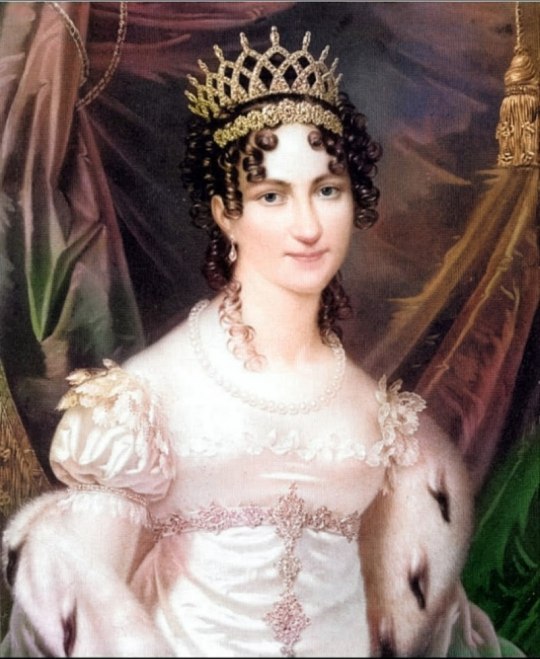

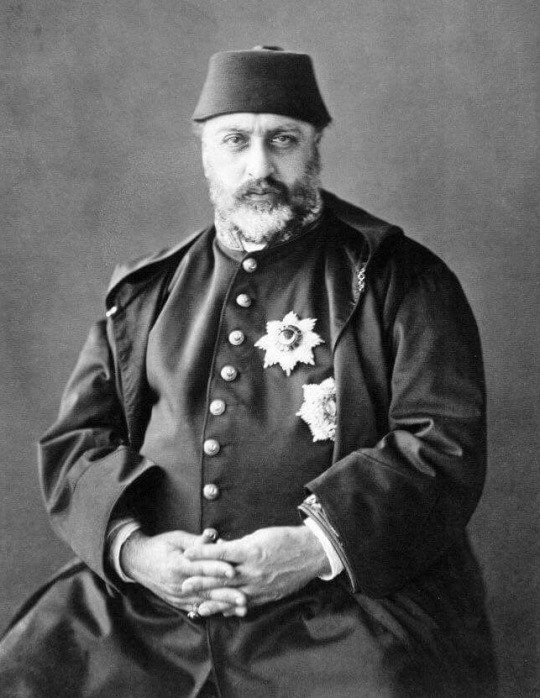
Royal Birthdays for today, February 8th:
Yaroslav II, Grand Prince of Vladimir, 1191
Afonso IV, King of Portugal, 1291
Constantine XI Palaiologos, Byzantine Emperor, 1405
Ulrich, Duke of Württemberg, 1487
Sakuramachi, Emperor of Japan, 1720
Gia Long, Emperor of Vietnam, 1762
Caroline Augusta of Bavaria, Empress of Austria, 1792
Michael Pavlovich, Grand Duke of Russia, 1798
Abdülaziz, Ottoman Sultan, 1830
#Caroline Augusta of Bavaria#yaroslav ii#afonso iv#Constantine XI Palaiologos#duke ulrich#emperor Sakuramachi#emperor gia long#michael pavlovich#Abdülaziz#royal birthdays#long live the queue
7 notes
·
View notes
Text


Royal Deaths, 30th September
1246 - Yaroslav II of Russia, Grand Prince of Vladimir, dies at 55
1626 - Nurhaci, Manchurian chief, founding Khan of the Jurchen-led Later Jin dynasty.
3 notes
·
View notes
Photo

His Serene Highness The Count of Münnich and Reutern celebrating the occasion that marks the 800th anniversary since the birth of the Faithful Saint Prince Alexander Nevsky in 1221 AD.
Descendant of the Danish Prince Rurik, he was born Alexander Yaroslavich in Pereslavl’-Zalesskiy, Russia.
Son of Yaroslav II Vsevolodovich Grand Prince of Vladimir and Feodosia Igorevna of Ryazan, he was a brother of Prince Yaroslav III Yaroslavich of Tver - The Count of Munnich-Reutern's 24th great-grandfather (on his maternal grandfather's side), which makes him His Serene Highness's second cousin 23 times removed.
Commonly regarded as a key figure of medieval Rus', Alexander – a grandson of Vsevolod the Big Nest – rose to legendary status on the account of his military victories over German and Swedish invaders.
According to the Novgorod Chronicle written in the 14th century (recorded more than a century after the events), the Swedish army had landed at the confluence of the rivers Izhora and Neva, Alexander and his small army suddenly attacked the Swedes on 15 July 1240 and defeated them. Battle of the Neva saved Novgorod from a full-scale invasion from the West. As a result of his victory, 19-year-old Alexander gained the sobriquet "Nevsky", which means "of Neva".
He was canonised as a saint of the Russian Orthodox Church in 1547.
On 21 May 1725, the Empress Catherine I introduced the Imperial Order of St. Alexander Nevsky. It is the most senior order of knighthood in the honours system of the Russian Empire. The order is still active. The USSR and the Russian government, both adopted the order into their military honours system, however, the order was renamed into the order of Alexander Nevsky with a new design.
Photo: The Count of Münnich-Reutern
#rurik dynasty#Rurikovich#Rurik#Rurikid#Rurkid#The Count of Reutern#His Excellency Sir Joshua Edward Dylan Wood The Count of Reutern#His Excellency Sir Joshua Dylan Wood The Count of Reutern#His Excellency The Count of Reutern#His Excellency The Count of Munnich#His Excellency Sir Joshua Wood The Count of Reutern KAN KWE GCSTA GCSTS#Graf von Reutern#Graf von Münnich#Seine Erlaucht Herrn Graf von Reutern#Seine Erlaucht Herrn Graf von Münnich#Seine Erlaucht Herrn Graf von Münnich und Reutern#Seine Erlaucht Herrn Joshua Graf von Reutern#Seine Erlaucht Joshua Graf von Münnich-Reutern#800th anniversary since the birth of the Faithful Saint Prince Alexander Nevsky#800th anniversary of the Faithful Saint Prince Alexander Nevsky#Alexander Yaroslavich#Descendants of Rurik#Yaroslav II Vsevolodovich Grand Prince of Vladimir#Yaroslav II Grand Prince of Vladimir#Alexander Nevsky#Alexander Yaroslavich Nevsky#Russia#saint of the Russian Orthodox Church#Count Joshua von Münnich#Count Joshua von Reutern
1 note
·
View note
Photo

Mikhail of Tver (1304—22.11.1318)
Mikhail of Tver redirects here. It can also refer to Mikhail II of Tver and to Mikhail III of Tver. Mikhail Yaroslavich (Russian: Михаил Ярославич) (1271 – 22 November 1318), also known as Michael of Tver, was a Prince of Tver (from 1285) who ruled as Grand Prince of Vladimir from 1304 until 1314 and again from 1315–1318. He was Russian Orthodox Church#Canonization is counted among the saints of the Russian Orthodox Church. Mikhail Yaroslavich was the second son of Yaroslav III (Yaroslav Yaroslavich), the younger brother of Aleksandr Nevsky, and succeeded him as Prince of Tver in 1285. His mother Xenia was the second spouse to Yaroslav III and is known as the saint Xenia of Tarusa. Upon the death of Andrei Aleksandrovich (Aleksandr Nevsky's son and Yaroslav's nephew), Mikhail became the Grand Prince of Vladimir in 1304, as was consistent with the rota system of collateral succession that had been practised in Rus since the time of Yaroslav the Wise. He was confirmed in office by Tokhta, Khan of the Golden Horde. More details can be found in the directory Android, Windows
1 note
·
View note
Photo
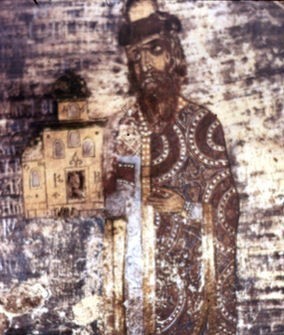

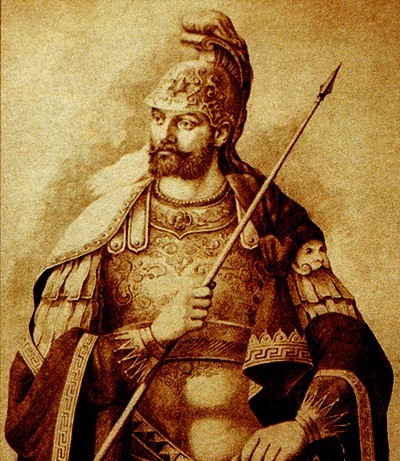
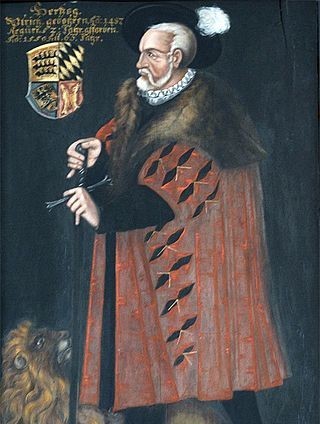
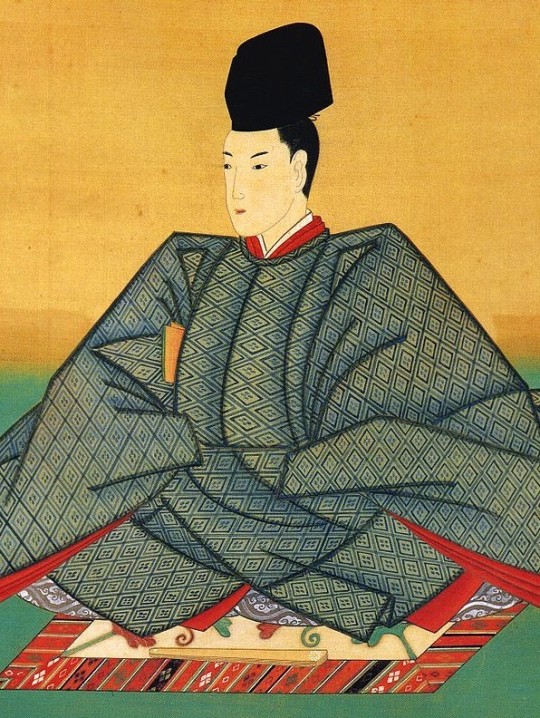

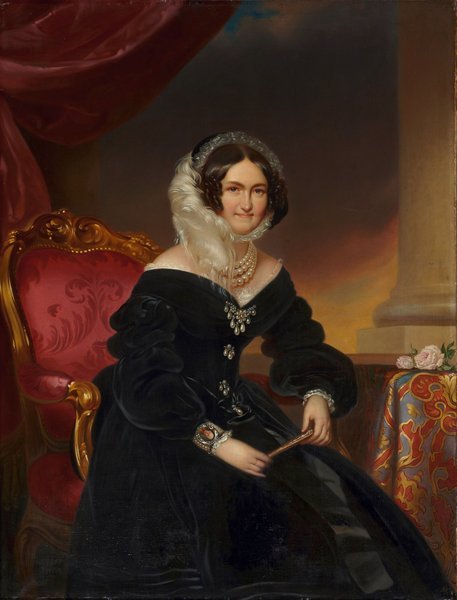


Royal Birthdays for today, February 8th:
Yaroslav II, Grand Prince of Vladimir, 1191
Afonso IV, King of Portugal, 1291
Constantine XI Palaiologos, Byzantine Emperor, 1405
Ulrich, Duke of Württemberg, 1487
Sakuramachi, Emperor of Japan, 1720
Gia Long, Emperor of Vietnam, 1762
Caroline Augusta of Bavaria, Empress of Austria, 1792
Michael Pavlovich, Grand Duke of Russia, 1798
Elia Zaharia, Crown Princess of Albania, 1983
#caroline augusta of bavaria#michael pavlovich#elia Zaharia#afonso iv#Constantine XI Palaiologos#emperor Gia Long#emperor Sakuramachi#ulrich i#Yaroslav II#long live the queue#royal birthdays
14 notes
·
View notes
Photo
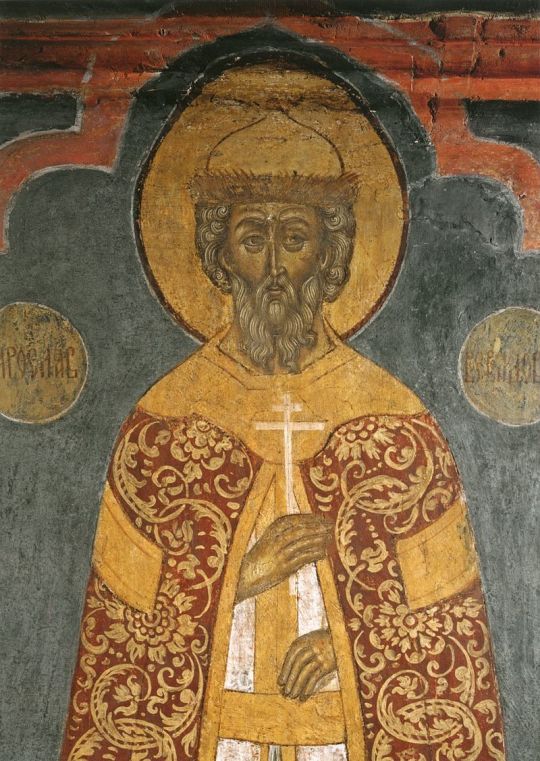

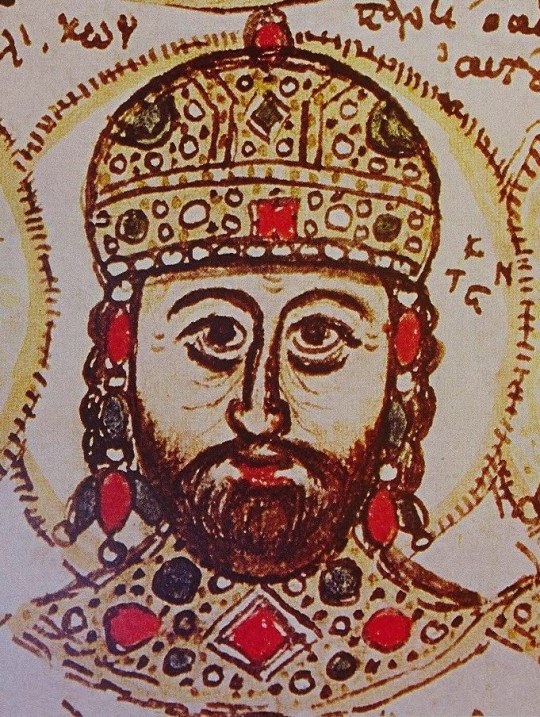
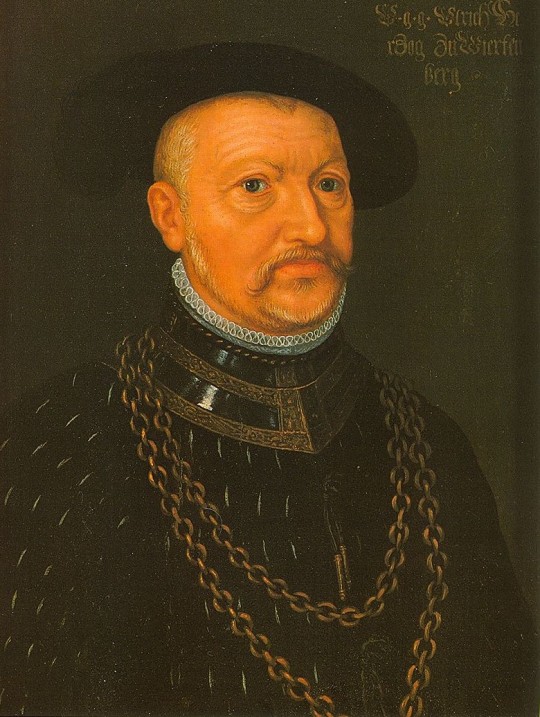
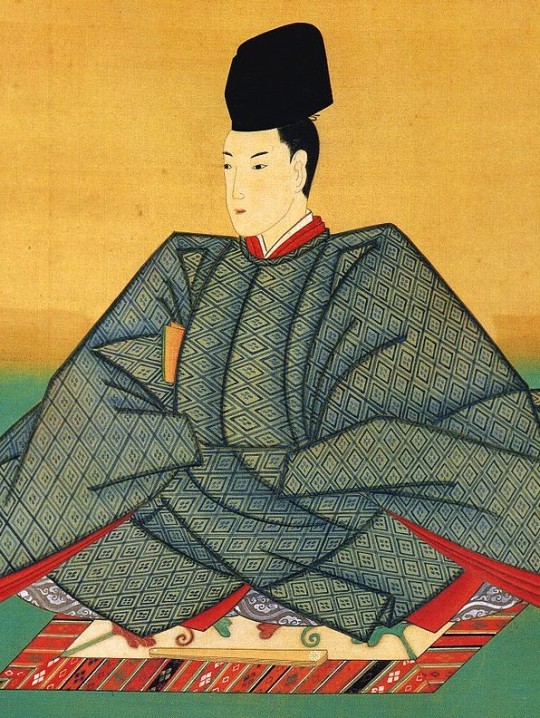
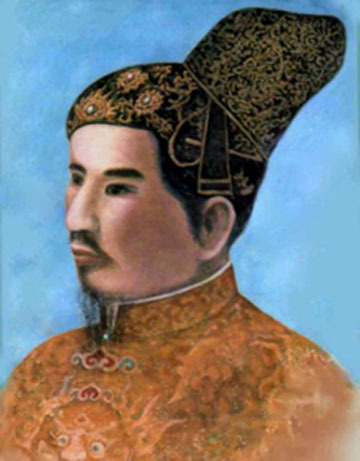
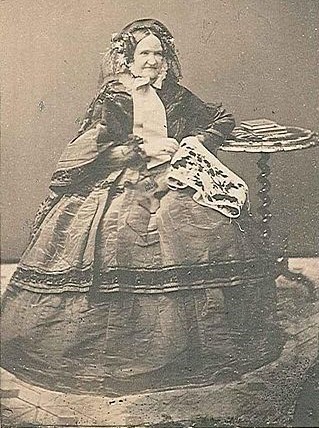
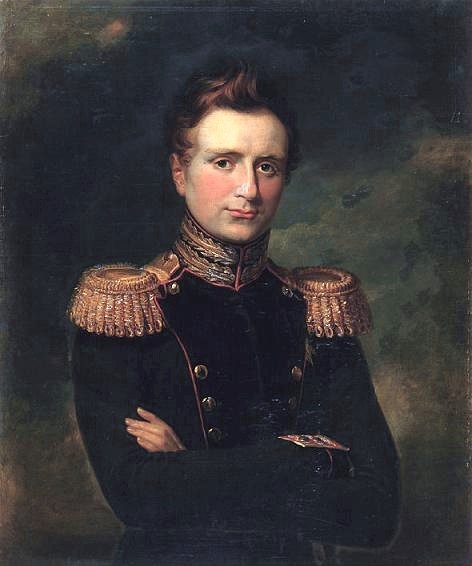

Royal Birthdays for today, February 8th:
Yaroslav II, Grand Prince of Vladimir, 1191
Afonso IV, King of Portugal, 1291
Constantine XI Palaiologos, Byzantine Emperor, 1405
Ulrich, Duke of Württemberg, 1487
Sakuramachi, Emperor of Japan, 1720
Gia Long, Emperor of Vietnam, 1762
Caroline Augusta of Bavaria, Empress of Austria, 1792
Michael Pavlovich, Grand Duke of Russia, 1798
Elia Zaharia, Crown Princess of Albania, 1983
#Yaroslav II#Caroline Augusta of Bavaria#michael pavlovich#afonso iv#Constantine XI Palaiologos#ulrich i#emperor Sakuramachi#emperor Gia Long#Elia Zaharia
9 notes
·
View notes
Photo
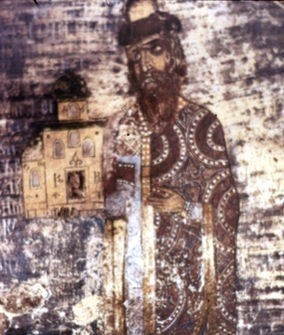

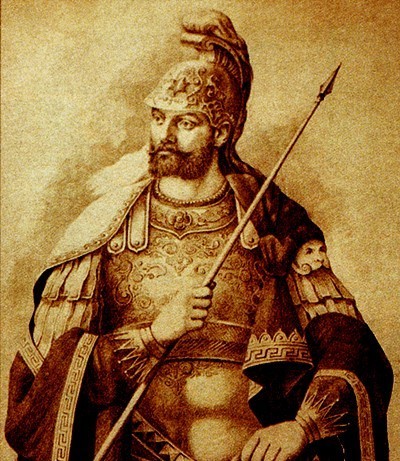
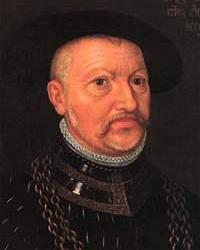
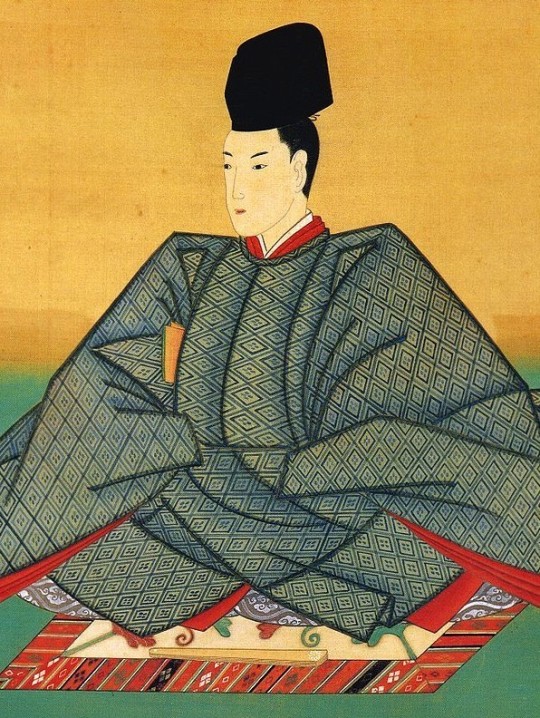
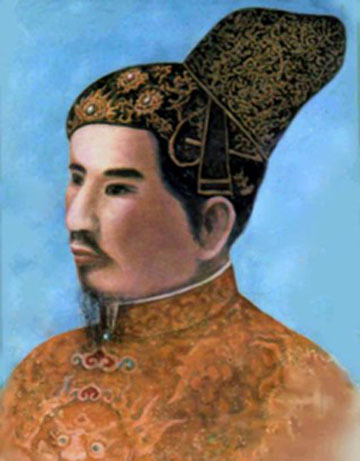
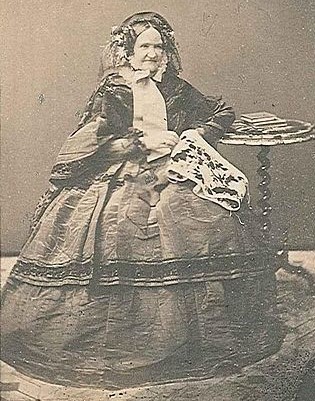
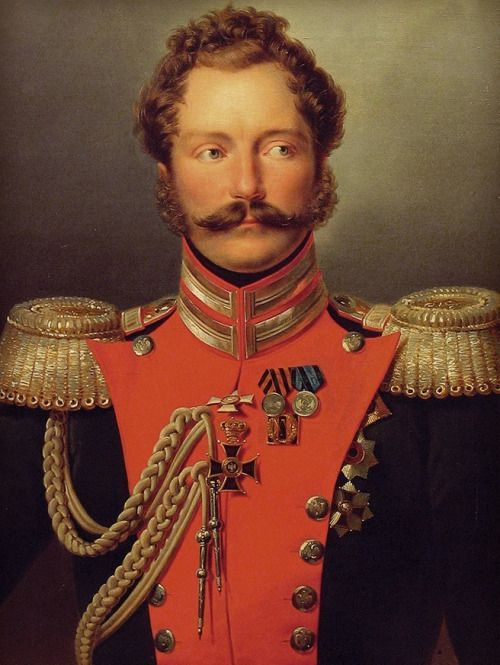
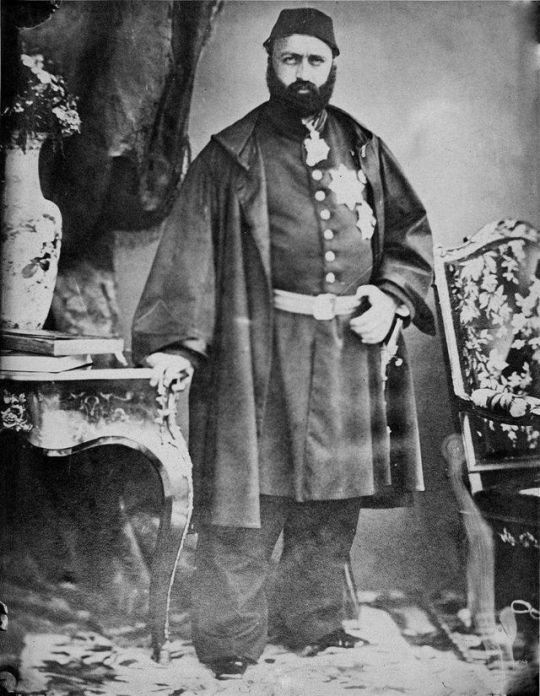

Royal Birthdays for today, February 8th:
Yaroslav II, Grand Prince of Vladimir, 1191
Afonso IV, King of Portugal, 1291
Constantine XI Palaiologos, Byzantine Emperor, 1405
Ulrich, Duke of Württemberg, 1487
Sakuramachi, Emperor of Japan, 1720
Gia Long, Emperor of Vietnam, 1762
Caroline Augusta of Bavaria, Empress of Austria, 1792
Michael Pavlovich, Grand Duke of Russia, 1798
Abdülaziz, Ottoman Sultan, 1830
Elia Zaharia, Crown Princess of Albania, 1983
#elia zaharia#michael pavlovich#caroline augusta of bavaria#emperor gia long#emperor Sakuramachi#duke ulrich#Constantine XI Palaiologos#Afonso IV#Yaroslav II#royal birthdays#long live the queue#Abdülaziz
75 notes
·
View notes
Photo

Vasily of Kostroma (1272—01.1277)
Vasily Yaroslavich (1241–1276) was a Grand Duke of Vladimir. The youngest son of Yaroslav II, he was given Kostroma by his uncle Svyatoslav III in 1246. As the eldest surviving grandson of Vsevolod III, he succeeded to Vladimir in 1272 and to Novgorod the following year. He was one of the first princes who didn't bother to leave their own town (i.e., Kostroma) and settle in Vladimir. His descendants continued to rule Kostroma for half a century after his death in January 1276. More details can be found in the directory Android, Windows
0 notes
Photo

Andrey II of Vladimir (12.1249—24.07.1252)
Portrait of Andrey Yaroslavich from the 18th century Titularnik Prince Andrey II Yaroslavich (Андрей Ярославич) (c. 1222 – 1264) was the third son of Yaroslav II who succeeded his uncle Svyatoslav III as the Grand Duke of Vladimir in 1249. Three years later, he challenged the Mongols and was ousted by them from Russia. In 1240 Novgorodians expelled his brother, Alexander Nevsky, from the city and asked Yaroslav II to send them another commander. Andrey was sent to the wayward republic instead, only to leave it several months later. When the city was attacked by Teutonic Knights, Yaroslav again sent Andrey with several units to help. In 1242, Andrey joined his Suzdalian forces with Alexander's and saw action in the celebrated Battle on the Ice. In 1247, when their father died, Andrey and Alexander went to Karakorum in Mongolia, where Andrey was appointed the next Grand Duke of Vladimir by Guyuk khan. On their return to Russia two years later, they found that the Russian capital had been seized by their young brother Mikhail Khorobrit. The latter, however, was killed in battle with Lithuanians several months later. Upon ascending the golden throne of his fathers, Andrey resolved to assert some independence from the Horde. He married a daughter of Danylo of Halych, who was the Mongols' avowed enemy. A year later, his uncle Svyatoslav, offended by his ousting from Vladimir, went to the Horde to secure the throne for himself. He was followed by Alexander Nevsky, who blamed Andrey for appropriating a portion of tribute due to the Horde. The khan sent a punitive expedition which defeated Andrey near Pereslavl. Novgorod didn't want to give him shelter, either, so that Andrey had to escape to Kolyvan and then to Sweden. In 1256 Andrey travelled to Sarai to ask pardon for his former infidelity. On his return to Russia, he received from Alexander the easternmost Russian lands, including the towns of Nizhny Novgorod and Gorodets on the Volga. After Alexander died in 1263, Andrey aspired to add Vladimir to his possessions, but was thwarted in his designs by his younger brother Yaroslav of Tver. The princely house of Suzdal and Nizhny Novgorod, which has been known since the 14th century as the House of Shuisky, descends from Andrey II of Vladimir. More details can be found in the directory Android, Windows
0 notes
Photo

Yuri II of Vladimir (1212—27.04.1216, 02.1218—04.03.1238)
Yuri II (Russian: Ю́рий–II), also known as George II of Vladimir or Georgy II Vsevolodovich (1189 – 4 March 1238), was the fourth Grand Prince of Vladimir (1212–1216, 1218–1238) who presided over Vladimir-Suzdal at the time of the Mongol invasion of Russia. He was the third and best-loved son of Vsevolod III and Maria Shvarnovna. He first distinguished himself in the battles against Ryazan in 1208. His father wanted Yuri to inherit Rostov and his elder brother Konstantin to succeed him in Vladimir. The latter, however, declared that he would rule both towns or nothing at all. Thereupon Vsevolod disinherited Konstantin and passed the throne to Yuri. Mongols under the walls of Vladimir. After Vsevolod's death, Konstantin allied himself with Mstislav the Bold and defeated Yuri and his other brothers on the Lipitsa River. Having gained Vladimir, Konstantin sent Yuri to rule Rostov and Yaroslavl. Two years later Konstantin died, and Yuri was allowed to return to Vladimir. During his reign in Vladimir, Yuri waged several wars against Volga Bulgaria and founded the fortress of Nizhny Novgorod on the Volga River to secure the area from Bulgarian attacks. He installed his younger brother Yaroslav in Novgorod. When the Mongols first approached Russia in 1223, he sent a small unit against them, but it arrived too late to take part in the disastrous Battle of the Kalka River. When the Mongols returned in 1237, Yuri treated their envoys with disdain. Likewise, he did not help Ryazan when Batu Khan laid siege to that city. His own capital, however, was the next in line. Yuri's sons were soundly defeated near Kolomna, and Yuri himself could barely escape to Yaroslavl. His wife Agatha (Mikhail of Kiev's sister) and all his family died in Vladimir when a church where they had sought refuge from the fire collapsed. Yuri himself was killed on 4 March 1238, in the Battle of the Sit River, whereby vast Mongol hordes defeated the army of Vladimir-Suzdal. More details can be found in the directory Android, Windows
0 notes
Photo

Yaroslav II of Vladimir (1238—30.09.1246)
Yaroslav II (Яросла́в II Все́володович), Christian name Theodor (Феодо́р) (8 February 1191 – 30 September 1246) was the Grand Prince of Vladimir (1238–1246) who helped to restore his country and capital after the Mongol invasion of Russia. More details can be found in the directory Android, Windows
0 notes
Photo

Sviatoslav III of Kiev (1173, 1176—1181, 1181—1194)
Sviatoslav III Vsevolodovich (Ukrainian and Russian: Святослав III Всеволодич) (died 1194), Prince of Turov (1142 and 1154), Vladimir and Volyn (1141–1146), Pinsk (1154), Novgorod-Seversky (1157–1164), Chernigov (1164–1177), Grand Prince of Kiev (1174, 1177–1180, 1182–1194). He was the son of Vsevolod II Olgovich. He succeeded in taking the Kievan throne from Yaroslav II, and ruled Kiev alongside Rurik Rostislavich until his death. More details can be found in the directory Android, Windows
0 notes
Photo

Iziaslav II of Kiev (1146—1149, 1150, 1151—1154)
Iziaslav II Mstislavich (Ukrainian: Ізяслав Мстиславич, Russian: Изяслав II Мстиславич; c. 1096 – 13 November 1154), was the oldest son of Mstislav Vladimirovich, (Prince of Novgorod), and Christina Ingesdotter of Sweden. He was baptized as Panteleimon. Izyaslav is considered to be progenitor of the Monomakhovychi Volhynian branch. Izyaslav held following offices Prince of Pereyaslav (1132), Prince of Turov (1132–1134), Prince of Rostov (1134– ), Prince of Vladimir and Volyn (1134–1142), Pereyaslavl (1143–1145), Velikiy Kniaz (Grand Prince) of Kiev (1146–1149 and 1151–1154). His first wife was Agnes, daughter of King Conrad III of Germany, who took the name Liubava after her marriage. She died in 1151. Their children were: Mstislav II of Kiev Yaroslav II of Kiev Yaropolk, Prince of Shumsk Vasylko (1151-1182), prince of Shumsk Evdokia, married Mieszko III the Old, High Duke of Poland. No primary sources confirmed parantage of Eudoxia.[citation needed] daughter, in 1143 married Prince of Drutsk Rogvold Rogvoldovich (see Principality of Drutsk) Iziaslav's second wife was Rusudan (or Bagrationi) daughter of King Demetrius I of Georgia, but they were married for only a few months in 1154 before his death. After the death of her husband, the wife returned to Georgia. More details can be found in the directory Android, Windows
0 notes
Photo

Sviatoslav II of Kiev (1073—1076)
Not to be confused with Sviatoslav Iaroslavich, Prince of Murom 1143–1145. Sviatoslav II Iaroslavich or Sviatoslav II Yaroslavich (1027 – December 27, 1076 in Kiev) was Grand Prince of Kiev between 1073 and 1076. He was born as a younger son of Grand Prince Yaroslav the Wise. His baptismal name was Nicholas. He ruled the Principality of Vladimir in Volhynia in his father's lifetime (from around 1040 to 1054). Yaroslav the Wise, who divided the Kievan Rus' between his five sons in his testament, willed the Principality of Chernigov to Sviatoslav. Sviatoslav joined his brothers, Iziaslav of Kiev and Vsevolod of Pereyaslav, in forming a princely "triumvirate" that oversaw the affairs of Kievan Rus' until 1072. The three brothers together fought against their enemies, including the nomadic Oghuz Turks, and their distant relative, Prince Vseslav of Polotsk. The Cumans defeated their united force in the autumn of 1068, but Sviatoslav routed a Cuman band plundering his principality. The "triumvirate" broke up, when Sviatoslav, supported by his younger brother Vsevolod, dethroned and replaced their older brother Iziaslav in 1073. He commissioned the compilation of at least two miscellanies of theological works. Otherwise, his short reign was uneventful. More details can be found in the directory Android, Windows
0 notes